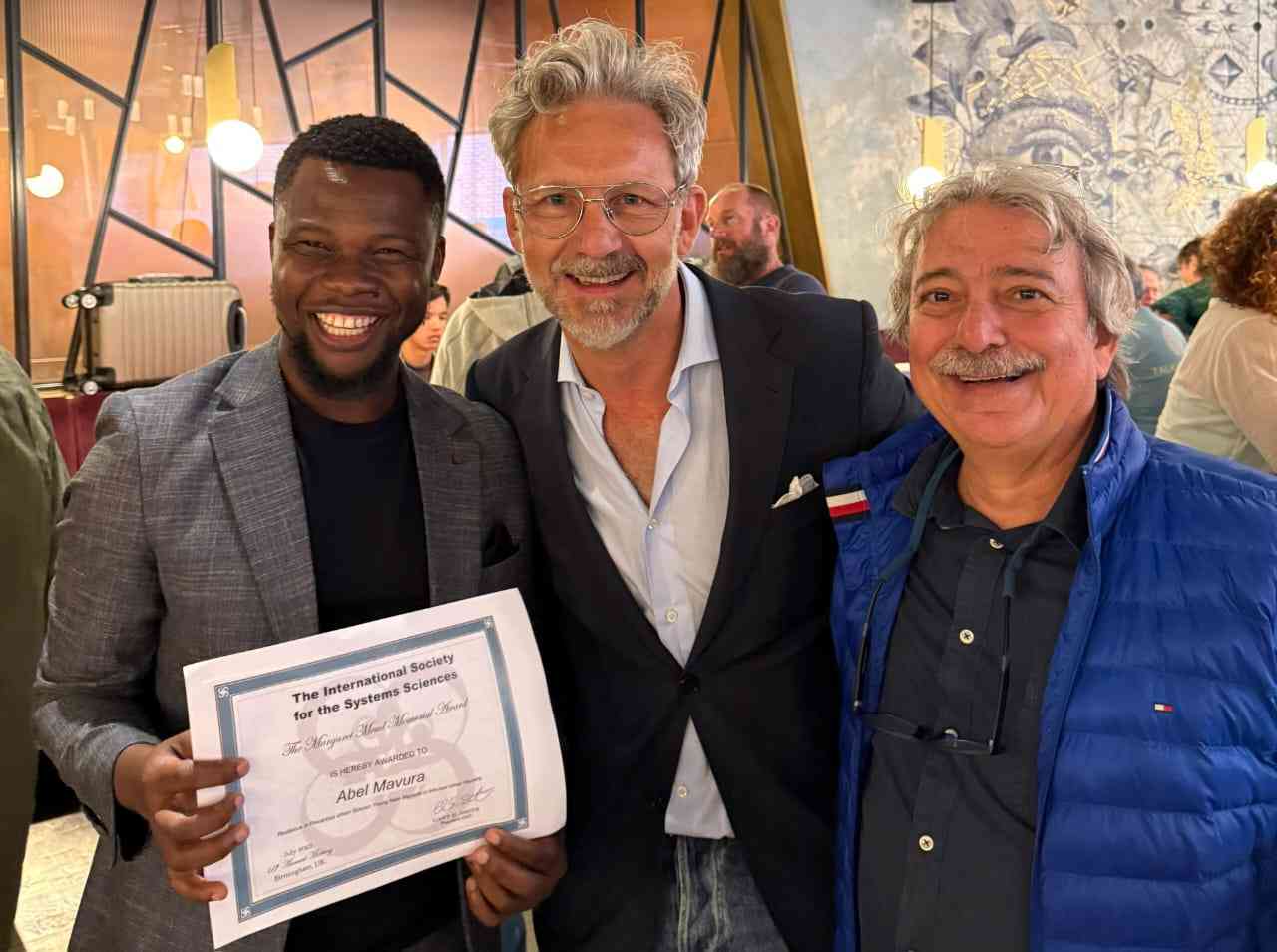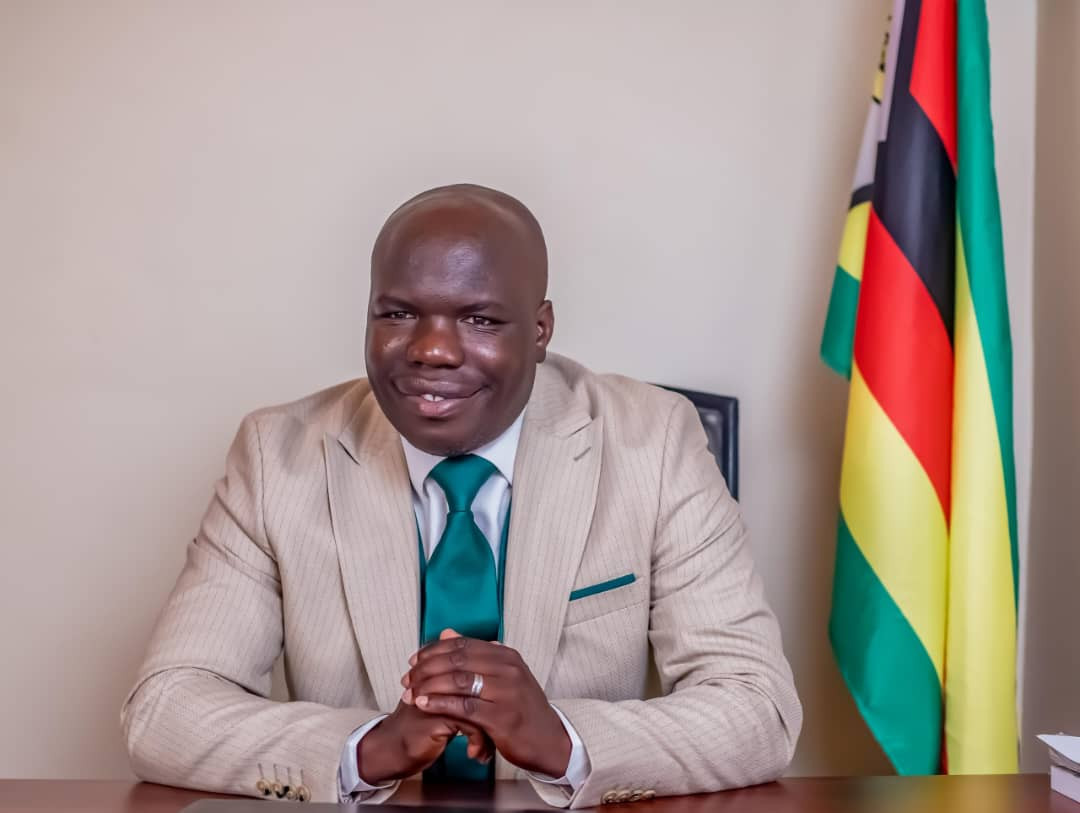
By Kennedy Nyavaya
Afro-jazz crooner Dereck Mpofu says jest is an effective way of communicating with music listeners, that is why most of his compositions are never short of a comical aspect to soften even the most hardened of hearts.
Mpofu released his fifth album titled Godobori 2.0 last week in which he explores themes of love and social commentary through the 14 songs produced by Clive “Mono” Mkundu.
In an interview, Mpofu said his personal happiness and easy-going manner reflects on the music that he makes as a way of inspiring people not to give up when faced with hurdles in life.
“I love putting humour into serious issues, I think it’s an easier way to address some critical issues that are difficult to tackle directly, so I am always a happy person and I think it reflects through my music as well,” he said.
“I also believe that happiness is very important if people are to successfully conquer the situations they face in life.”
The album — which features Ghana’s Wiyaala, UK-based Mr Lorrain, Fellistas “Mai Titi” Murata and Rachel J — contains some songs to look out for, including Magetsi Auya, Mweya WechiZimba and Imagine, among others.
Famed for his role as the Green Ambassador, the Chisikana Changu Zimbabwe singer described his lyrics as a reflection of his patriotic spirit and dream to see an “ideal Zimbabwe”.
- Chamisa under fire over US$120K donation
- Mavhunga puts DeMbare into Chibuku quarterfinals
- Pension funds bet on Cabora Bassa oilfields
- Councils defy govt fire tender directive
Keep Reading
“I love my country, my people, the soil, climate and ubuntu or hunhu as Zimbabweans. That is why every time I just find myself teetering towards writing a song on Zimbabwe on each and every album I have done,” he said.
Mpofu also lauded Mukundu for assisting him in creating an “eccentric” sound over the past years.
“A lot of people say my music is different because I try to make it as Zimbabwean as possible, not just being sungura or Afro-jazz, but there is a certain flair that a person can identify as Zimbabwean music,” he said.
“That is the reason why I work with Mono because he is a well of knowledge that has seen it all and besides music, he mentors me, we want to maintain the Zimbabwean flair and flavour to our music.”











